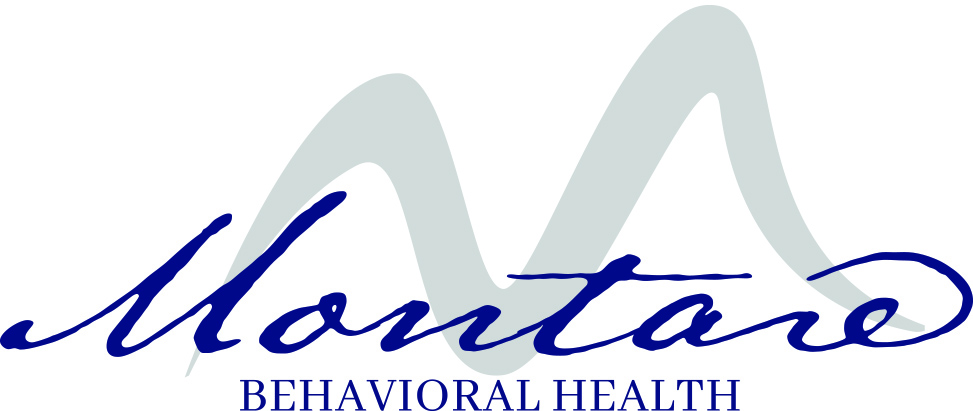Social anxiety can have a disruptive influence on a person’s ability to live a full and satisfying life. But does this disorder qualify someone for special protection, financial support, or other legally mandated services? In other words, is social anxiety a disability?
What is Social Anxiety?
Social anxiety disorder, which is also known as social phobia, is a mental health concern that is characterized by an overwhelming fear of being criticized, embarrassed, or evaluated harshly.
Signs & Symptoms
 As established in the fifth edition of the Diagnostic and Statistical Manual of Mental Disorders (DSM-5), a person must meet the following criteria to be accurately diagnosed with social anxiety disorder:
As established in the fifth edition of the Diagnostic and Statistical Manual of Mental Disorders (DSM-5), a person must meet the following criteria to be accurately diagnosed with social anxiety disorder:
- Experiencing considerable fear or nervousness about social situations (such as giving a speech, eating in a restaurant, or meeting someone new) in which they may be scrutinized by others
- Fearing that their actions in these social situations will cause them to be judged negatively, humiliated, and/or rejected
- Developing these concerns virtually every time they find themselves in these types of social situations
- Changing their behaviors to avoid these situations or, if forced to participate, enduring the situations while struggling with intense negative emotions
The DSM-5’s description also includes the following qualifiers about the intensity and duration of the fear, worry, nervousness, and other difficult emotions that are symptomatic of social anxiety:
- The individual’s distress will be disproportionate to any actual harm that could result from their participation in the social event.
- The person’s fears and other distressing emotions will persist for at least six months.
- The person’s fears and worries will be severe enough to disrupt their ability to function at work, in school, within the context of their relationships, or in other important areas of life.
The following are examples of the behaviors that could indicate that someone has social anxiety:
- They frequently turn down opportunities to attend parties or other large gatherings.
- When an unavoidable social activity is on their calendar, they begin to worry about the occasion weeks or even months before it is scheduled to occur.
- They rarely (or never) eat in restaurants.
- They decline work projects that would require them to give speeches or presentations.
- If they can’t get out of giving a speech or presentation, they may overprepare, to the point of scripting every word and gesture. Their preparation and continued rehearsals may begin well in advance of the speech or presentation.
- When in the presence of people they don’t know, they may become withdrawn, have difficulty maintaining eye contact, and forget (or refuse) to shake hands.
If you think that you or someone in your family has social anxiety, the best first step is to schedule an assessment with a qualified mental healthcare provider. In addition to providing you or your loved one with an accurate diagnosis, the professional who conducts your assessment should also be able to recommend appropriate treatment options.
Is Social Anxiety a Disability?
In severe cases, social anxiety disorder can have a disabling impact. But in a legal sense, is social anxiety a disability?
At the federal level in the United States, certain disabilities can qualify a person for protections under the Americans with Disabilities Act (ADA) as well as for financial support through the Social Security Administration’s Supplemental Security Income (SSI) and Social Security Disability Insurance (SSDI) programs.
As defined by the ADA, the answer to the question, “Is social anxiety a disability?” is yes.
This means that people who have social anxiety cannot be denied employment, prevented from accessing public transportation, or excluded from certain programs and services because of their mental health condition. In terms of employment, the ADA mandates that individuals with disabilities have the right to reasonable accommodations that will allow them to perform the duties of their job.
It is also possible for a person with social anxiety to receive financial support through the Social Security Administration. However, social anxiety does not automatically qualify a person for these benefits. The application process requires considerable documentation, and it may end with a denial.
To determine if you or someone in your family may be eligible for benefits through the SSI or SSDI programs due to social anxiety, it’s a good idea to consult with a lawyer or another expert.
Is Social Anxiety Treated the Same as Other Types of Anxiety?
 There is no single, one-size-fits all type of treatment for social anxiety disorder or any other anxiety disorders. Every person’s care should be customized according to their specific needs, goals and preferences.
There is no single, one-size-fits all type of treatment for social anxiety disorder or any other anxiety disorders. Every person’s care should be customized according to their specific needs, goals and preferences.
Depending on those factors, your care for social anxiety may include elements such as:
- Inpatient treatment
- Intensive outpatient programming
- Individual psychotherapy
- Group therapy sessions
- Transcranial magnetic stimulation (TMS)
- Neurofeedback
- Holistic healing
- Treatment for co-occurring disorders
- Aftercare support
How to Find Treatment for Social Anxiety?
Your efforts to find treatment for social anxiety should focus on identifying the provider whose services best match your needs. When you contact a center that you’re interested in, asking the following questions can help you determine if it’s the right place for you:
- How will you identify the full scope of my needs?
- How will you determine which levels of care and types of therapy are right for me?
- What are the qualifications of the professionals who will provide my care?
- What happens if I have questions, concerns, or complaints about my treatment?
- Does your center treat people who have co-occurring addiction or other co-occurring concerns?
- How do you define success in treatment for social anxiety disorder?
- What types of alumni support, discharge planning, or aftercare services does your center provide?
Contact Our Anxiety Treatment Center at Montare at the Valley
Montare at the Valley offers personalized care and comprehensive support for adults whose lives have been disrupted by social anxiety. We also treat various other anxiety disorders as well. When you choose our center, you can expect to receive customized services from a team of skilled and compassionate professionals. These dedicated caregivers will take the time to assess your needs and get to know you as a unique individual. Working together, we can help you achieve improved health and a more hopeful future.
For answers to any questions about any aspect of our programming, please call us or visit our Contact Us page. And if you would like to schedule an assessment, our team can set that up for you too.


Recent Comments